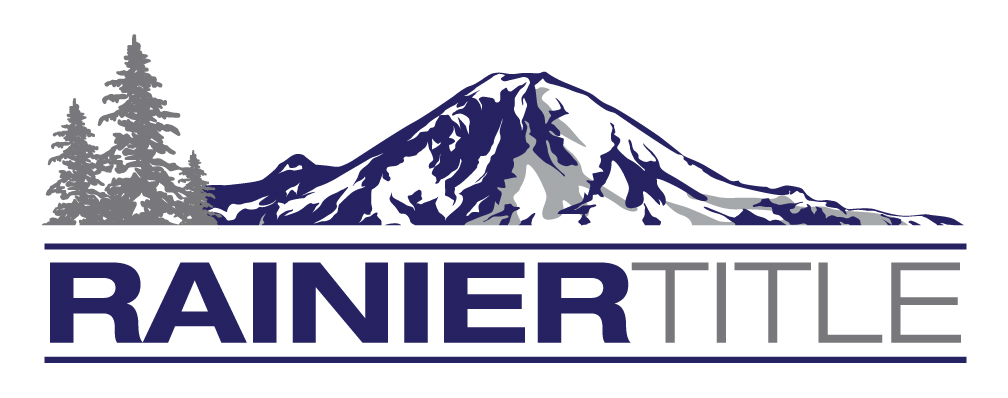Technology is changing all aspects of the real estate industry, from listing to showing and examining a property, escrow and title search process, and even lending. One of the most talked-about technologies, Blockchain technology, is rapidly improving the industry through digitalization and innovation.
What Is Blockchain?
Wikipedia defines Blockchain as a growing list of records, called blocks, that are linked using cryptography. Each block contains a cryptographic hash of the previous block. The hash of the data is the equivalent of an immutable time-stamp.
Blockchain is an openly shared, unchallengeable ledger for recording and tracking transactions and information. Its decentralized system of record-keeping builds trust and is resistant to data modification.
Jason Roy, former CTO of the Urban Land Institute, summed up nicely what Blockchain will be able to do for the real estate industry. At the MIT Center for Real Estate “Real Disruption” series in 2016, Roy said: “ Blockchain will enable every property, everywhere, to have a corresponding digital address that contains occupancy, finance, legal, building performance, and physical attributes that convey perpetually and maintains all historical transactions. Additionally, the data will be immediately available online and correlatable across all properties, and the speed to transact will be shortened from days/weeks/months to minutes or seconds.”
How Is Blockchain Used In The Real Estate Industry?
Today there are many examples of how Blockchain is already in use, as Jason Roy predicted back in 2016. Globally, the real estate industry uses Blockchain technology and its various platforms to transparently and efficiently assist in industry transactions like renting, buying, investing, and lending.
In the Jun 11, 2019, white paper by Ubiquity LLC, they proposed the creation of a Title Token. The Title Token would contain ownership and estate information, recorded liens, easements, restrictions, and encumbrances. Current assessed and market value information, copies of all recorded documents which affect title to the property, including vesting deed and all plat maps, surveys, and plotted easements, would also be included.
The benefits of their system to the consumer are an overall reduction in title insurance premiums. The system will also benefit the insurer by reducing the number of title searchers needed to research property and allowing them to allocate and apportion risk by agreeing to co-insure with other title companies.
Earlier this year, Ubitquity LLC announced that it was partnering with Rainier Title to build out a platform for creating a tokenized property title, and parallel records of conveyances. Rainier Title will be implementing this Token system soon.
Rainier Title’s CEO Bill Bergschneider said in a statement, “We are proud to be the first in our region to initiate the Blockchain process, which will create a more transparent, secure and consumer-facing trend of real property transfer.” And when talking about their use of Ubiquity’s Blockchain platform built for Rainier Title, Bergschneider told The Title Report: “We believe this will save time, create a more secure close and allow for a better consumer experience as our systems grow. We anticipate utilizing tokenized contracts in the future as we continue to explore and enhance the capabilities of Blockchain to secure future transactions.” Bergschneider said Blockchain will simplify Rainier’s record-keeping and title examination process.
Additional Uses:
– Property Ownership Transfers
the first property ownership transfer recording in the world was successfully completed in June 2016 by Ubitquity.
– Notarizations
NotaryBlock, a product by Ubiquity, provides a single source of truth for a notary public to confirm the parties’ identities and eliminates the need to maintain a paper-based notary journal of entries. NotaryBlock works well with the recent spike in demand for Remote Online Notarization (RON), Remote Ink Signed (RIN).
– Real Estate Offer And Acceptance Process
A secure online Blockchain-powered platform can record every action along the path to closing on a real estate deal to guarantee an unchallengeable financial record.
– Property Management
Blockchain technology helps property managers process payments, complete credit background checks, and manage maintenance ticketing.
BENEFITS OF BLOCKCHAIN TECHNOLOGY
Many benefits are apparent from the examples of how Blockchain technology is already being used. Below are eight additional benefits of Blockchain:
1. Because of the cryptographic nature of the Blockchain, it’s incredibly complicated to manipulate Blockchain technology. Someone cannot falsify property records.
2. Blockchain creates a transparent chain of verifiable legitimacy, ensuring that documents’ details are accurate and verifiable.
3. Blockchain expedites contract processes, saves time, and reduces costs.
4. Digital assets are distributed instead of copied or transferred and not stored on any one database, making Blockchain a safer way to transact anything of value and less vulnerable to hacking and manipulation.
5. The history of any asset is unalterable and transparent.
6. Decentralization of the data allows full real-time access and helps increase the confidence in the information being recorded.
7. Once the data is on the Blockchain, it can be recycled for future real estate transactions. The cryptographic hash of the data is the equivalent of an immutable time-stamp.
8. As an incorruptible digital ledger, there are fewer errors, integrity is preserved, and trust is created among users.
The potential for Blockchain technology to make the business of real estate more efficient and less vulnerable to fraud is undeniable. The real estate industry will undoubtedly continue to see more development and use of this technology in the future.

